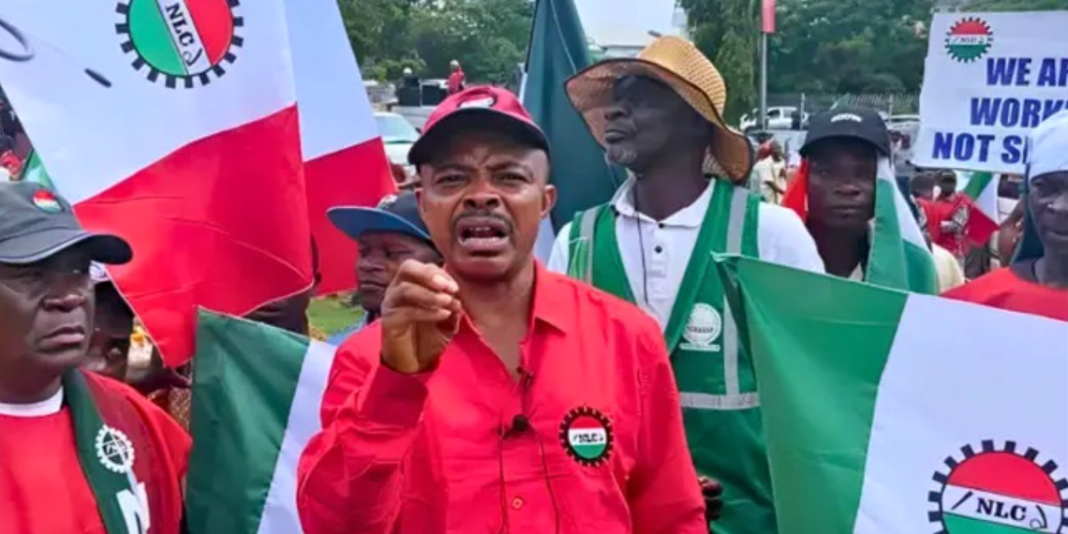As workers across the globe observe May Day, also known as Workers’ Day, their Nigerian counterparts have little reason to celebrate.
Instead of marking the day with joy, many are grappling with deepening hardship fueled by the country’s worsening economic conditions, which have pushed a growing number into poverty.
The Nigeria Labour Congress (NLC) has described the state of the Nigerian worker as dire, highlighting that the situation has deteriorated further since the current government assumed office.
According to the NLC, workers have endured one punishing policy after another, making life increasingly unbearable over the past year.
“It’s been a relentless onslaught of anti-worker decisions. The past year has brought nothing but suffering,” the NLC said in a statement.
NLC President Joe Ajaero, in his May Day address, painted a bleak picture of life under the prevailing economic system.
He lamented that Nigerian society continues to be sharply divided between the privileged and the marginalized, with workers bearing the brunt of the inequality.
“It’s a harsh truth, but within this capitalist structure, workers are continually oppressed, while the elite thrive. Since last May Day, the gap has only widened. Workers have been reduced to poverty and stripped of dignity,” Ajaero said.
He blamed neoliberal economic policies for worsening workers’ conditions, citing a steady erosion of labour rights and growing economic disenfranchisement.
Ajaero accused the political elite of colluding against the masses, noting that many of them, regardless of political party, appear united in promoting policies that perpetuate exploitation and suppress workers’ earnings.
Ajaero emphasized that Nigerian workers are not only facing domestic challenges but are also caught in a global battle against labour suppression.
He said capitalism has led to massive job losses, devaluation of work, and widening inequality.
Instead of protecting workers, the state has become a tool for enforcing harsh policies influenced by international financial institutions.
Despite these challenges, Ajaero expressed pride in the resilience of the Nigerian labour movement, describing it as the most vibrant in Africa.
He noted that unions have stood firm, especially in negotiating the National Minimum Wage, though implementation remains inconsistent, with many states and even the federal government failing to comply.
“The battle for full implementation of the N70,000 minimum wage continues. We must prepare ourselves to hold all state governments and private employers accountable.
“And beyond that, we must fight for a wage structure that truly reflects today’s cost of living,” he said.
He concluded with a rallying cry to Nigerian workers: “The time for passivity is over. Our freedom won’t be handed to us—it must be seized.
“We owe it to ourselves and future generations to fight for a just system. The ruling class dreads our unity. Let’s demand not just crumbs, but our rightful share of the bread we produce.”
